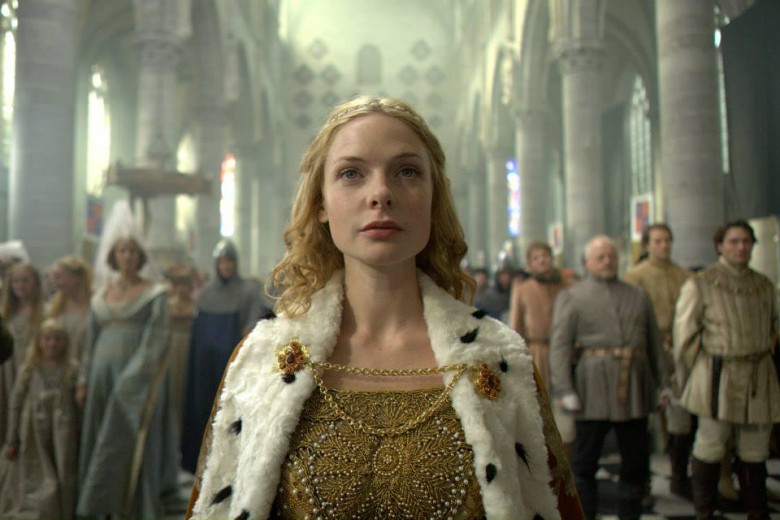25th June 2013
Philippa talks to Charlotte Hodgman about The White Queen
Taken from historyextra.com
Your books are written from a female perspective. Why is this?
Women’s history is, in my opinion, still a neglected area, and I’ve often been amazed at the previous lack of curiosity into the lives of some of the women I’ve studied. There is a wealth of information about women such as Elizabeth I and Mary, Queen of Scots, yet I was astonished to find nothing published on the Duchess of Bedford, Lady Rivers, the heroine of my book The Lady of the Rivers. She was mother to Elizabeth Woodville, the queen of England, and such an interesting character. Yet I found myself doing original research on her.
How do you defend historical fiction to its critics?
I find I have to defend historical fiction less now than ever before. People have to understand that it isn’t bad history, and it’s not history written by people who are making it up. Everyone has a different view of certain events and characters, but because I depict mine in a novel people are often disturbed by it. What I do find surprising is that often only the history side of my novels is criticised. What people don’t do, and what they should, is also critique them as novels – neither side is primary.
How much input into the BBC TV series, The White Queen, did you have?
I was keen to have as much input as possible and ultimately worked as associate producer on the series. I read all the scripts, met the actors and visited the set; I am delighted with how it’s turned out. It looks absolutely wonderful, and people are going to find it very compelling to watch.
The series combines the stories of three of the four books in my Cousins’ War series, set against the backdrop of the Wars of the Roses: The White Queen, The Red Queen and The Kingmaker’s Daughter. So we see the period through the eyes of three very different women: Elizabeth Woodville, the Lancastrian-turned-Yorkist queen; Margaret Beaufort, founder of the Tudor dynasty; and Anne Neville, younger daughter of ‘the kingmaker’.
It was important to me that their stories weren’t told in isolation. The series doesn’t just look at one woman coping with the misogyny of the medieval world; it looks at all of them, as it should. They were all engaged in that struggle.
What do you think makes for good historical drama on TV?
If you’re going to make a historical drama, you’ve got to have some drama! That means well-defined, interesting characters. The White Queen, unlike many historical dramas, doesn’t depict women as passive recipients of the big sweep of history. That seems to me to be a far more interesting way to tell the story, and one that is far truer to life.
How important is authenticity when filming historical dramas?
Terribly important! You should see the notes I sent to the series producers waxing lyrical about the use of horses, clothes, how people travelled, and so on. That sort of thing really matters. However, there are a number of compromises you do have to make when working in film, which can be very frustrating – that’s why I’m a novelist, I suppose.
